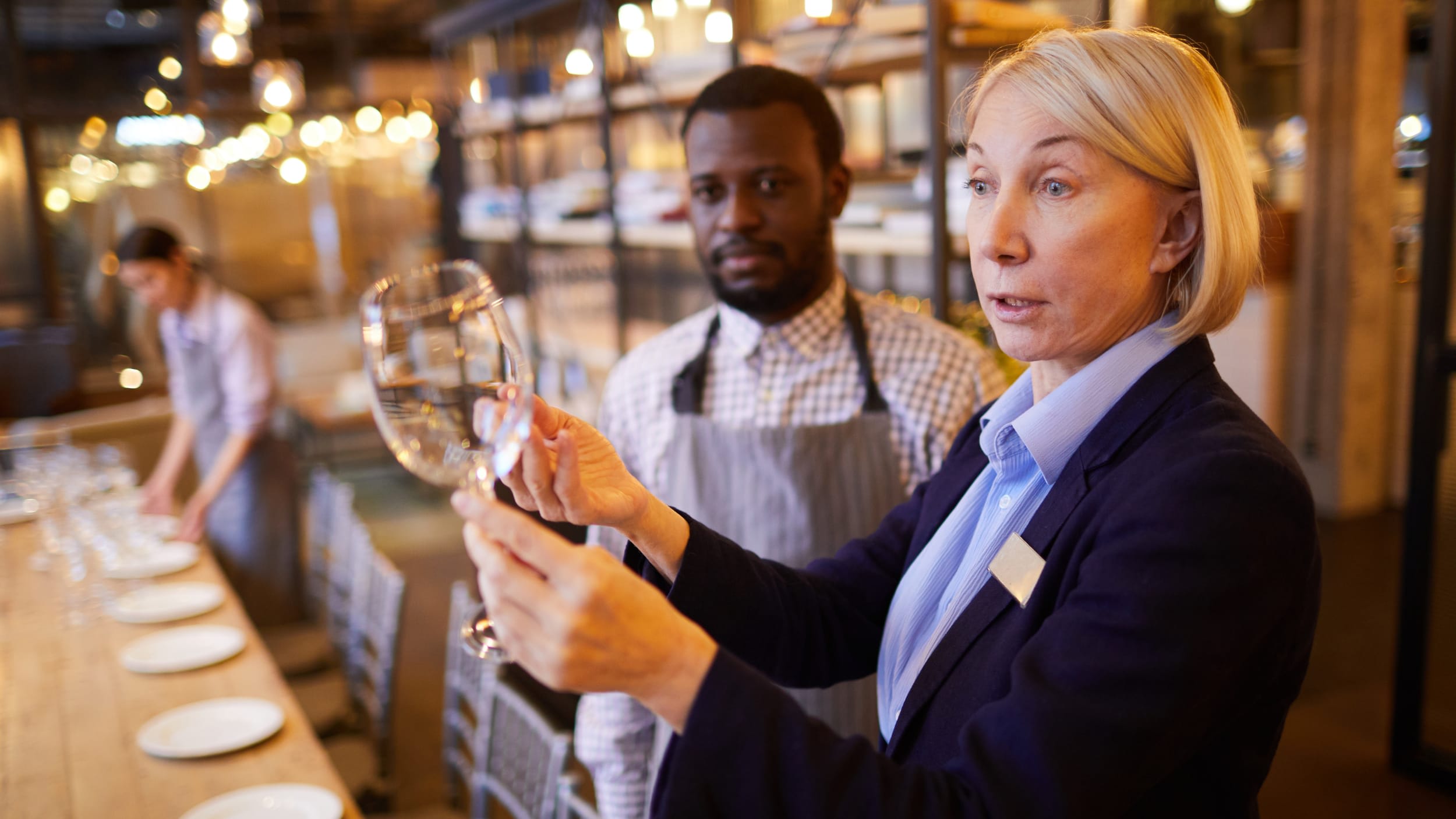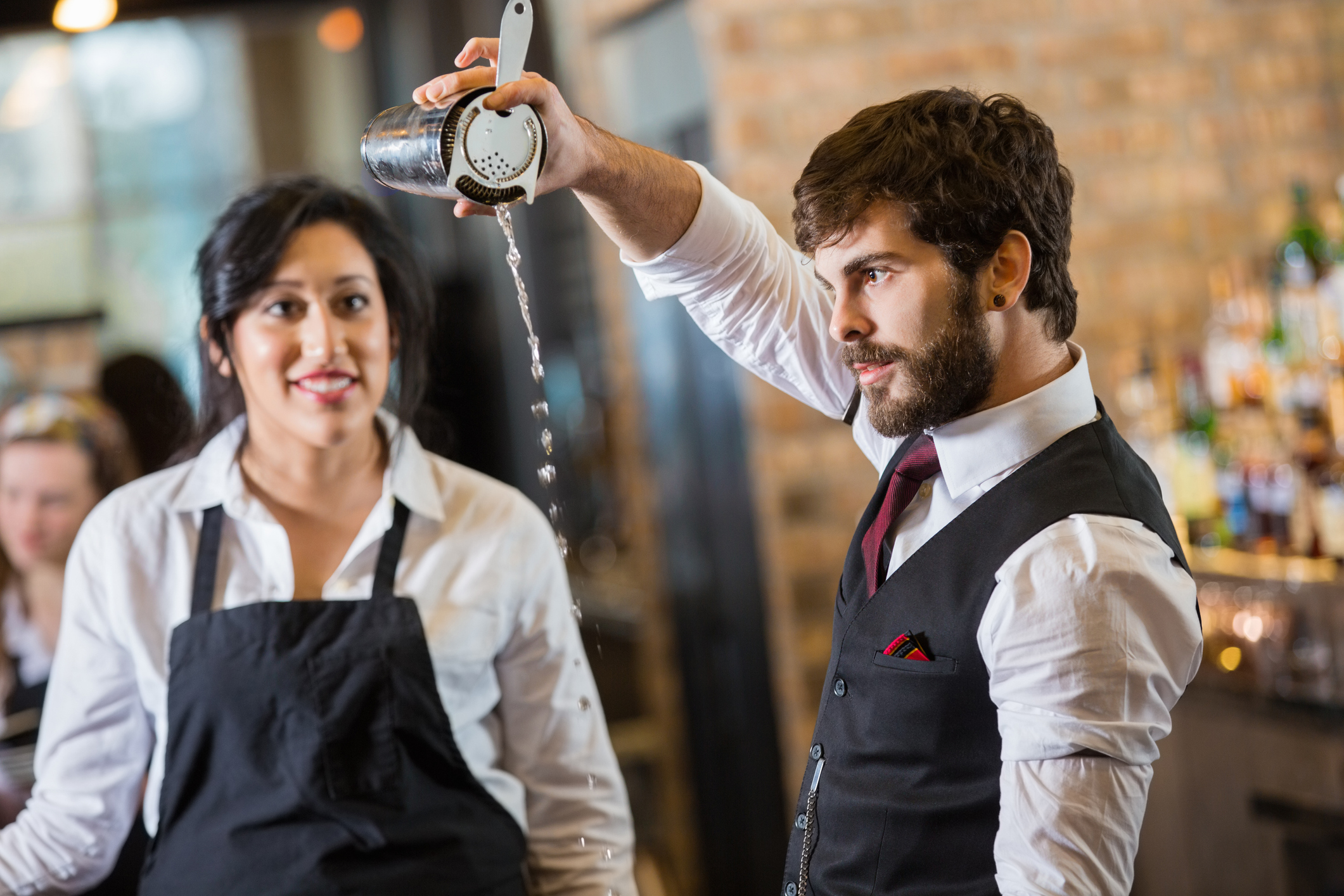Master Liable Alcohol Service With Comprehensive Qualification Programs
The proficiency of responsible alcohol solution is not merely a governing demand; it is a fundamental aspect that enhances the track record and operational stability of facilities within the friendliness industry. Comprehensive accreditation programs provide very useful insights right into local regulations, effective treatment techniques, and consumer engagement methods. By investing in these training initiatives, organizations can cultivate a culture of responsibility among their staff, mitigating risks and boosting client contentment. The path to efficient execution and its lasting benefits may not be as simple as it appears. What obstacles exist ahead for those who seek to raise their solution criteria?

Importance of Liable Alcohol Service
Liable alcohol service is important to advertising public wellness and safety in facilities that serve liquors. It encompasses a series of methods made to avoid the overconsumption of alcohol, reduce the danger of alcohol-related injury, and guarantee a secure environment for customers and staff alike. By maintaining liable service requirements, facilities can reduce possible incidents of intoxication, which might bring about accidents, physical violence, or various other negative results.
In addition, responsible alcohol service improves the total customer experience. Customers are most likely to return to establishments that prioritize their security and health. This dedication fosters a positive credibility, urging referral referrals and repeat company. Furthermore, facilities that follow liable solution practices typically experience reduced insurance policy costs and lowered legal liabilities.
Additionally, carrying out accountable alcohol service methods aligns with broader public health initiatives focused on reducing drug abuse and advertising neighborhood health and wellness. This proactive approach not just shields individual patrons yet likewise adds to a much healthier culture. Inevitably, liable alcohol service is not merely a legal commitment; it stands for an honest commitment to the health of clients and the community at large.
Secret Components of Qualification Programs
Accreditation programs for liable alcohol service typically include several crucial parts created to equip personnel with the essential skills and expertise to serve alcohol safely. These programs typically consist of comprehensive training on regional and state alcohol legislations, making certain that participants comprehend their lawful commitments and the repercussions of stopping working to conform.
An additional critical component is the identification of signs of drunkenness - servsafe food handlers card. Staff are trained to recognize behavioral hints suggesting when a client might be over-served, allowing them to intervene appropriately
Additionally, efficient communication methods are stressed, educating team just how to involve with consumers in a manner that advertises liable alcohol consumption. This consists of training in problem resolution strategies, permitting team to take care of tight spots calmly and professionally.
Moreover, programs frequently incorporate practical scenarios and role-playing workouts, giving individuals with real-life instances to practice their skills. Lastly, ongoing education and learning and sources are necessary for preserving understanding and skills over time, as laws and ideal methods develop. With each other, these components develop a detailed framework that empowers team to promote a safer alcohol consumption atmosphere while minimizing responsibility for establishments.
Advantages for Personnel and Establishments
Team and establishments alike gain considerable gain from joining responsible alcohol solution accreditation programs. For team, these programs improve knowledge and abilities related to alcohol solution, equipping them to determine signs of drunkenness and implement reliable intervention methods. This training not only promotes a feeling of self-confidence among staff members yet likewise advertises a culture of safety and security and obligation in the office.
For establishments, buying qualification programs can lead to lowered liability and less cases associated to over-serving. By making certain that staff are trained in liable service methods, facilities can mitigate dangers linked with alcohol-related incidents, consequently protecting their track record and economic stability. Additionally, lots of territories offer rewards, such as lower insurance policy costs, for certified establishments.
Furthermore, applying qualified techniques can improve customer complete satisfaction and loyalty. Customers are more probable to go back to places that prioritize their safety and security and health. Inevitably, a dedication to liable alcohol solution not just grows a favorable atmosphere but additionally boosts the total functional performance of facilities, making it a clever financial investment for long-lasting success in the hospitality market.
Common Challenges in Alcohol Solution
Ensuring reliable alcohol solution is not without its difficulties, even in establishments committed to liable techniques. One considerable difficulty is the need for staff to properly examine customers' alcohol consumption levels. servsafe food handlers card. This hop over to here calls for an eager understanding of how various variables, such as food consumption, tolerance, and individual distinctions, influence intoxication
In addition, the pressure to optimize sales can clash with responsible solution procedures. Employees might deal with difficulties in rejecting service to inebriated people, particularly in social settings where peer pressure and assumptions are common.
Another obstacle is staying upgraded with regional laws and guidelines concerning alcohol solution. Compliance is essential, yet regular changes in regulation can create complication and may cause inadvertent infractions.
Educating programs may not constantly cover the nuances of real-world circumstances, leaving staff unfit to handle complicated scenarios. Inconsistent interaction in between management and staff members regarding expectations for liable service can additionally aggravate these problems.
To browse these obstacles efficiently, facilities must click reference promote an atmosphere of assistance, emphasizing the value of liable solution while offering the essential devices and training for staff to do well.
Steps to Obtain Qualification
To obtain Responsible Alcohol Service Certification, applicants typically begin by investigating the particular needs mandated by their regional governing authorities. These demands may differ significantly depending upon the region, so it is vital to acquaint oneself with the pertinent laws and regulations.

After choosing a program, applicants need to finish the requisite training, which typically covers subjects such as identifying drunkenness, understanding legal duties, and executing approaches for responsible solution. Individuals should proactively involve with the material, as this understanding is essential for effective alcohol solution.

Complying with training, prospects typically take an assessment to analyze their understanding of the product. Successful completion of this assessment leads to accreditation.
Verdict
Finally, mastering responsible alcohol service with detailed qualification programs is crucial for advertising safety and enhancing customer experiences within the hospitality industry. By gearing up personnel with the required understanding and skills, establishments not only reduce he said dangers related to overconsumption and legal obligations however likewise cultivate a culture of responsibility. This commitment to liable solution inevitably brings about raised client loyalty and operational success, reinforcing the importance of ongoing training and adherence to alcohol solution criteria.